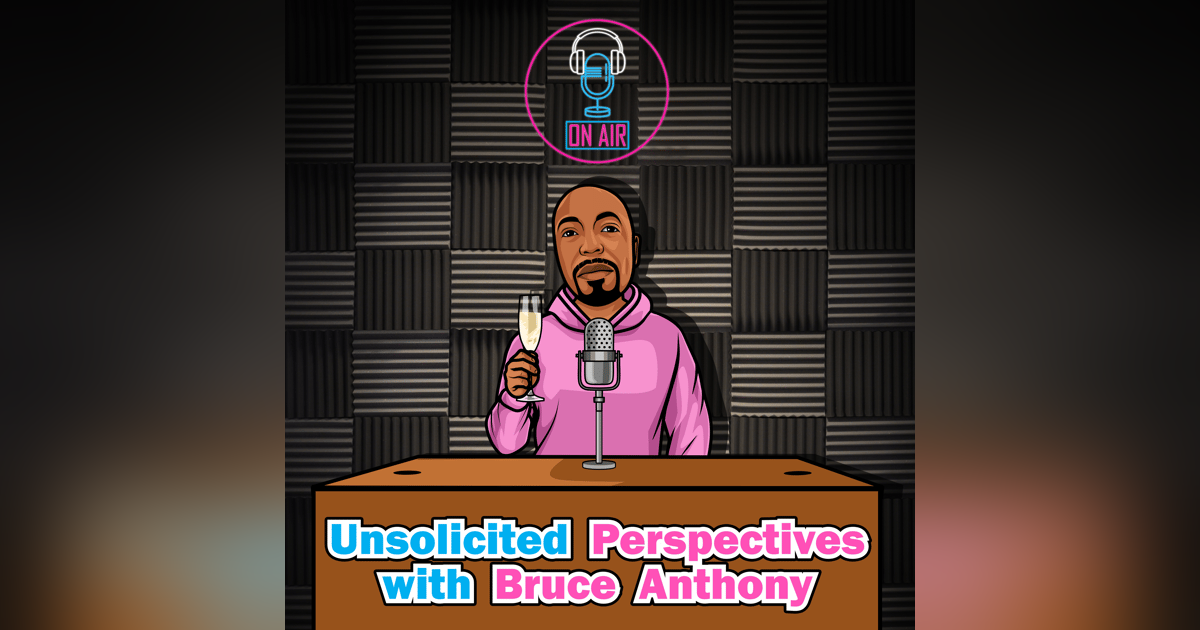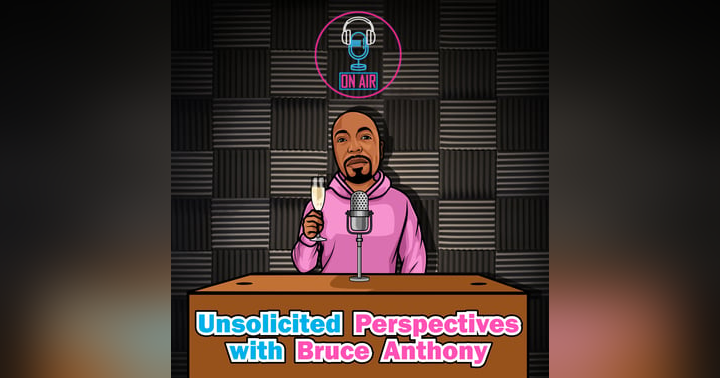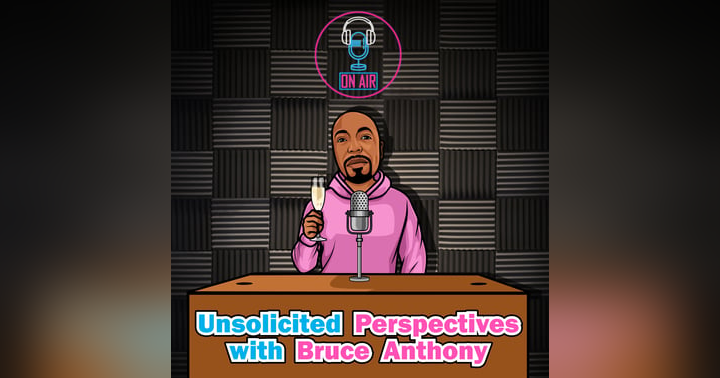Exploring the Impact of Black Movies in the 90s

Introduction
In this thought leadership article, we will delve into the significant themes discussed in a recent podcast episode about dating stories, Marjorie Taylor Green, and black movies in the 90s. The conversation touched on the importance of black movies in the 90s and the impact they had on the black community and beyond. We will analyze the implications of these movies and their potential long-term effects on society.
The Significance of Black Movies in the 90s
The 90s marked an explosion of black movies that showcased the diverse experiences and perspectives of the black community. These movies provided a platform for black actors, directors, and writers to tell their stories and challenge stereotypes. They tackled important social issues, celebrated black culture, and provided representation for a community that had long been marginalized in Hollywood.
One of the most important movies of the 90s was "Boyz n the Hood" (1991), directed by John Singleton. This film depicted the harsh realities of life in South Central Los Angeles and shed light on the systemic issues that plagued black communities. It was a groundbreaking film that gave a voice to the black experience and sparked a new wave of black cinema.
Another significant movie was "Malcolm X" (1992), directed by Spike Lee. This biographical film chronicled the life of civil rights leader Malcolm X and explored his transformation from a street hustler to a powerful advocate for black empowerment. It was a powerful and thought-provoking film that highlighted the struggles and triumphs of the black community in America.
Exploring the Themes
Representation and Identity
One of the most important themes in black movies of the 90s was representation and identity. These movies provided a platform for black actors and filmmakers to tell their stories and showcase the diversity within the black community. They challenged stereotypes and provided a more nuanced portrayal of black characters, breaking away from the one-dimensional roles that had been prevalent in Hollywood.
In movies like "Boyz n the Hood" and "Menace II Society" (1993), we see the struggles of young black men growing up in inner-city neighborhoods. These films shed light on the systemic issues of poverty, violence, and lack of opportunities that many black communities face. They humanized these characters and showed their hopes, dreams, and struggles, providing a more authentic representation of black youth.
Social Issues and Activism
Black movies in the 90s also tackled important social issues and highlighted the activism within the black community. Films like "Malcolm X" and "What's Love Got to Do with It" (1993) explored the lives of prominent black figures and their fight for equality. They shed light on the civil rights movement, the Black Panther Party, and the struggles of black women in the music industry.
These movies sparked conversations about race, identity, and social justice, and they encouraged viewers to question the status quo and fight for change. They served as a reminder of the ongoing struggle for equality and the importance of activism in creating a more just society.
Cultural Celebration and Pride
Another significant theme in black movies of the 90s was the celebration of black culture and pride. Films like "House Party" (1990) and "Sister Act 2: Back in the Habit" (1993) showcased the vibrancy and creativity of black communities. They celebrated black music, dance, and art, and they highlighted the importance of community and togetherness.
These movies provided a sense of pride and empowerment for black audiences, showing them that their culture and contributions were valuable and worthy of recognition. They also helped to break down stereotypes and challenge negative perceptions of blackness, promoting a more positive and inclusive narrative.
Implications and Potential Impact
The black movies of the 90s had a profound impact on society and culture. They challenged the status quo, provided representation for the black community, and sparked important conversations about race, identity, and social justice. These movies paved the way for future generations of black filmmakers, actors, and storytellers, and they continue to inspire and influence the industry today.
The representation and diversity showcased in these films helped to break down barriers and open doors for black talent in Hollywood. They showed that black stories and experiences were universal and deserving of recognition and celebration. They also provided a platform for black audiences to see themselves reflected on screen, fostering a sense of pride and empowerment.
The themes explored in these movies, such as poverty, violence, and systemic racism, continue to be relevant today. They shed light on the ongoing struggles faced by black communities and serve as a call to action for social change. They challenge viewers to confront their own biases and prejudices and to work towards a more equitable and inclusive society.
Conclusion and Future Outlook
The black movies of the 90s left a lasting impact on the film industry and society as a whole. They provided a platform for black voices and stories, challenged stereotypes, and celebrated black culture. These movies continue to be celebrated and cherished by audiences today, and they serve as a reminder of the power of storytelling and representation.
As we move forward, it is important to continue supporting and uplifting black voices in the film industry. Representation matters, and the success of black movies in the 90s showed that there is a demand for diverse stories and perspectives. By amplifying black voices and providing opportunities for black filmmakers, we can create a more inclusive and equitable industry.
The legacy of the black movies of the 90s lives on, and it is up to us to ensure that their impact is not forgotten. By celebrating and supporting black cinema, we can continue to push for positive change and create a more diverse and inclusive film industry for future generations.


















